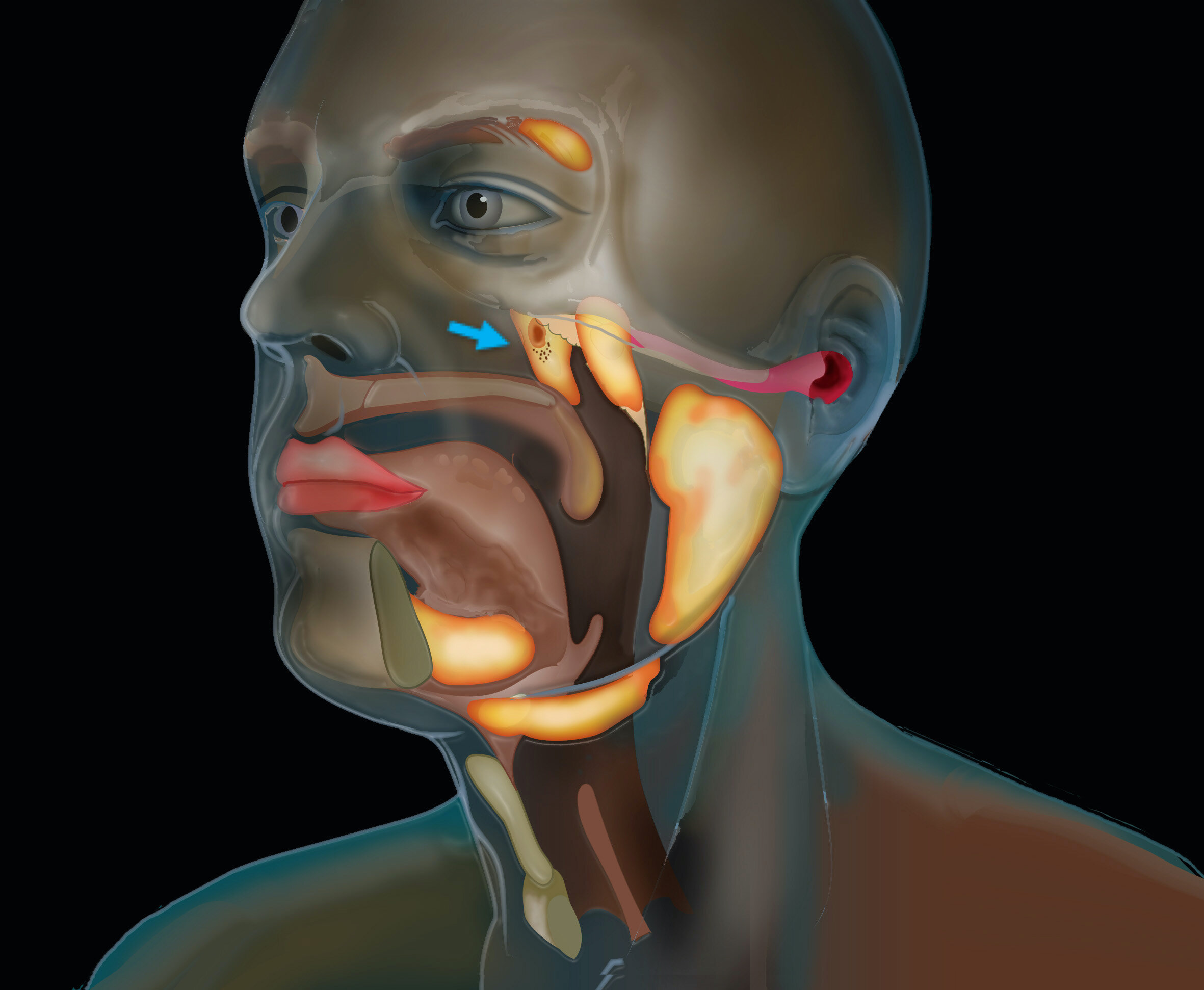Scientists Discover A New Organ Above Our Throat

Scientists studying prostate cancer discovered a new set of salivary glands in the upper throat during PSMA PET-CT scans. The discovery of this organ is of great importance for the cancer treatment process.
Scientists thought there were microscopic and diffuse salivary glands in the nasopharynx area, located behind the nose. However, according to an article published in the journal Radiotherapy and Oncology on September 23, the 3.9-centimeter salivary gland set that scientists discovered in the upper part of our throat are far from microscopic.
thein question discovered new organ Scientists who named the new salivary gland located on a piece of cartilage called the torus tubarius tubarial salivary glands because it was. According to scientists’ estimates, the salivary glands in question are responsible for moisturizing the upper throat area behind our nose and mouth.
According to the statements made, the discovery took place as a result of coincidence. Continuing their work at the Netherlands Cancer Institute, scientists were using a combination of CT scans and positron emission tomography (PET) scans called PSMA PET-CT to examine prostate cancer. The PSMA PET-CT scan is not only better at detecting metastatic prostate cancer than conventional imaging, but it is also very good at detecting salivary gland tissue, and the discovery was made during these scans.
Scientists screened 100 patients to confirm the discovery. Because the study was essentially focused on prostate cancer, 99 percent of the patients studied were men, and all had newly discovered tubarial salivary glands. In addition, the discovery was supported in the examinations made on two cadavers donated to the institute.
The salivary gland discovery is important for cancer treatment. According to the information provided by radiation oncologist Wouter Vogel, one of the co-authors of the study, doctors who apply radiation to the head and neck to treat cancer as the patient’s quality of life will be weakened if the damaged avoid exposing the salivary glands to radiation salivary glands are.
Until now, the existence of tubarial salivary glands was unknown, so doctors could not show any special sensitivity to this organ when treating cancer patients. When the records of more than 700 cancer patients who were treated at the University of Groningen Medical Center were examined patients were there, found the number of side effects increased as exposed to radiation from the area actuarial salivary glands it was that. In other words, this discovery will pave the way for cancer patients to be treated with fewer side effects.




